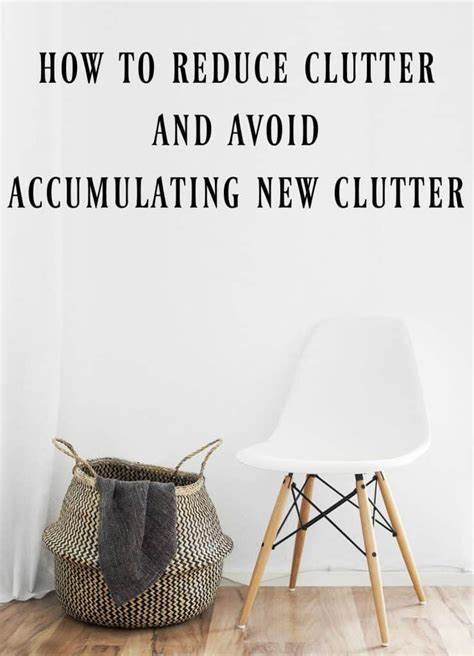In a world overwhelmed by consumerism, the concept of minimalist living offers a refreshing alternative. By reducing the number of possessions and focusing on what truly matters, individuals can experience increased happiness and a greater sense of fulfillment. Here’s how embracing minimalism can lead to a more satisfying life.
1. Understanding Minimalism
Minimalism is not about depriving yourself of joy or living in stark, empty spaces. Instead, it’s about intentionally choosing to live with less, so you can focus on what brings you true happiness and value. It’s a lifestyle that prioritizes quality over quantity, mindfulness over excess, and simplicity over complexity.
2. Benefits of Minimalist Living
1. Reduced Stress
Clutter can be overwhelming and stressful. A minimalist environment, free from excess items, can create a sense of calm and order. When your space is clean and organized, it’s easier to relax and focus on what truly matters.
2. Financial Freedom
By buying less, you save more money. Minimalism encourages mindful spending and helps you avoid impulsive purchases. The money saved can be used for experiences that enrich your life, such as travel, education, or hobbies.
3. More Time and Energy
Fewer possessions mean less time spent on cleaning, organizing, and maintaining them. This frees up your time and energy for activities that you enjoy and that add value to your life, such as spending time with loved ones, pursuing passions, or simply relaxing.
4. Enhanced Well-being
A minimalist lifestyle encourages you to focus on self-care and personal growth. With fewer distractions, you can invest more time in activities that promote physical, mental, and emotional well-being, such as exercise, meditation, and learning new skills.
3. Steps to Embrace Minimalism
1. Declutter Your Space
Start by decluttering your home. Go through your belongings and ask yourself if each item is truly necessary and brings you joy. Donate, recycle, or sell items that no longer serve a purpose in your life. Aim to keep only what is essential and meaningful.
2. Mindful Consumption
Adopt a mindful approach to purchasing new items. Before buying something, consider if it adds real value to your life. Focus on acquiring high-quality, durable items rather than accumulating a large quantity of possessions.
3. Simplify Your Schedule
Minimalism isn’t just about physical items; it also applies to how you spend your time. Evaluate your commitments and activities. Eliminate those that are unnecessary or do not bring you joy. Simplify your schedule to focus on what truly matters.
4. Digital Minimalism
In the digital age, it’s easy to become overwhelmed by information and digital clutter. Practice digital minimalism by decluttering your devices, limiting screen time, and being intentional about your online activities. Unsubscribe from unnecessary emails and notifications to reduce digital noise.
5. Focus on Experiences
Shift your focus from material possessions to experiences. Invest in activities and experiences that create lasting memories and bring you joy, such as travel, spending time with loved ones, or learning new skills.
4. Overcoming Challenges
Transitioning to a minimalist lifestyle can be challenging, especially in a culture that values consumerism. Start small and gradually make changes. Seek support from like-minded individuals or communities, and remind yourself of the benefits of minimalism. Remember, the goal is not perfection but progress.
Conclusion
Embracing a minimalist lifestyle can lead to greater happiness and fulfillment by reducing stress, saving money, and allowing you to focus on what truly matters. By decluttering your space, practicing mindful consumption, and simplifying your schedule, you can create a life that is rich in meaning and joy. Minimalism is not just about having less; it’s about making room for more — more experiences, more connections, and more happiness.

